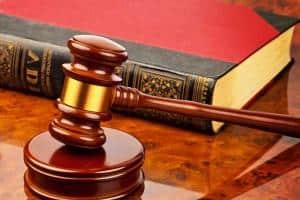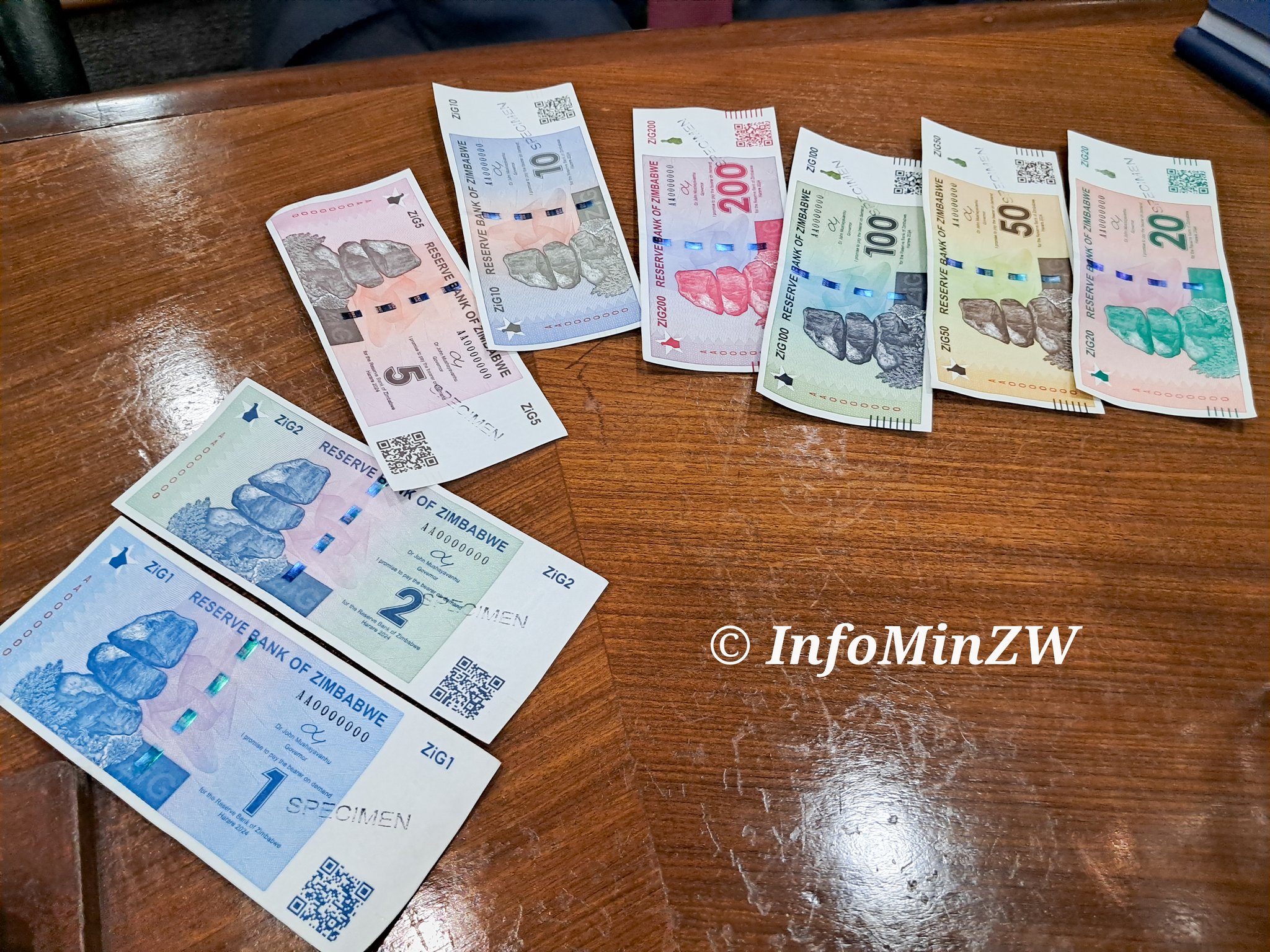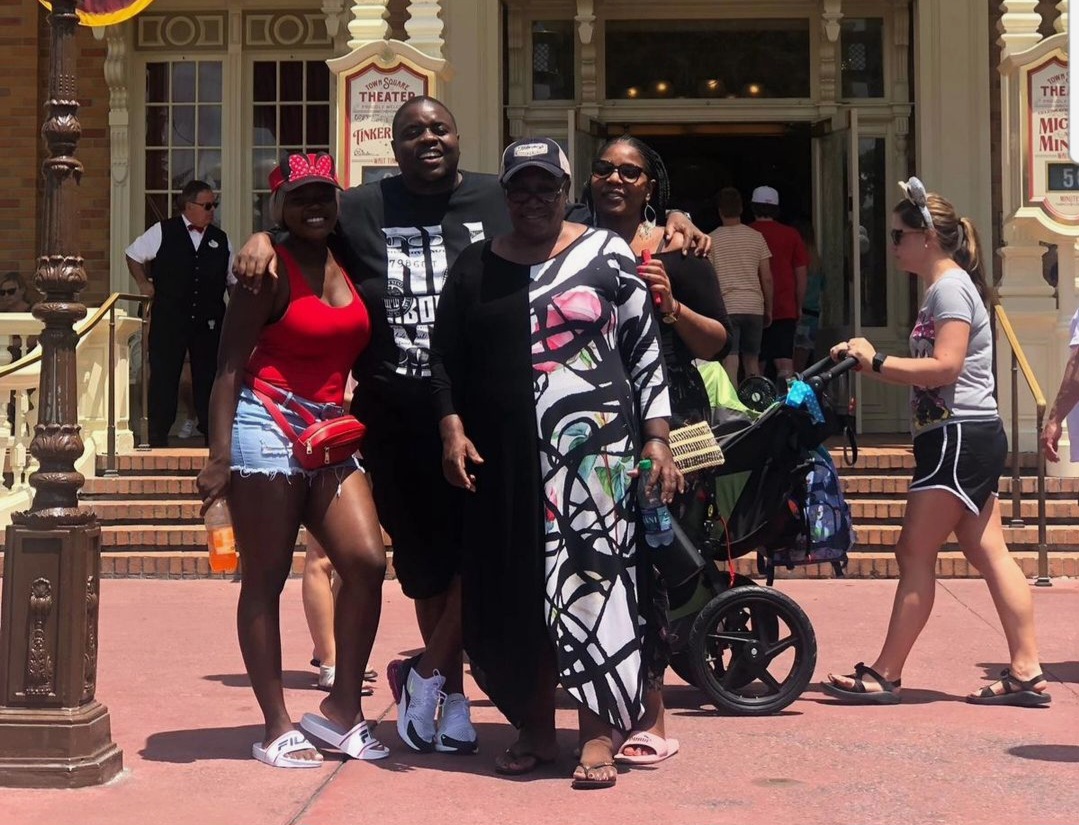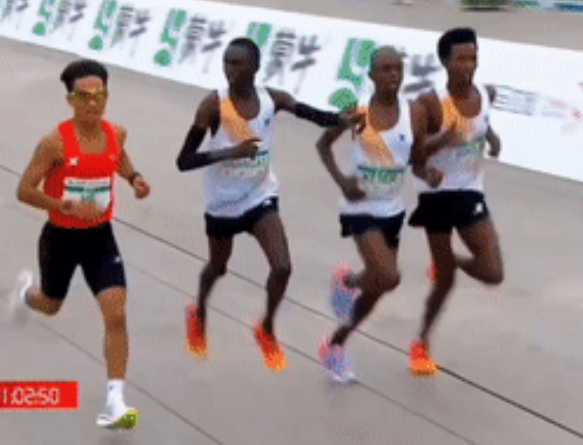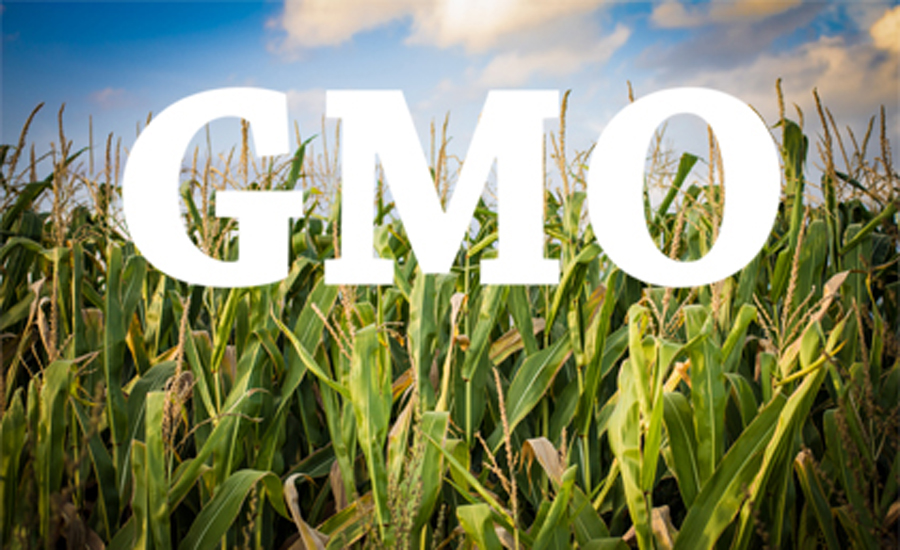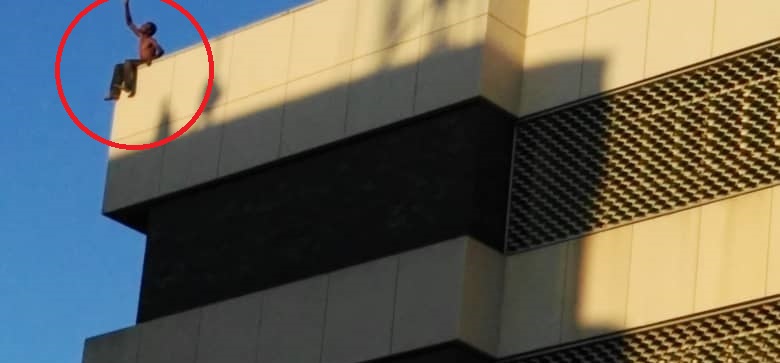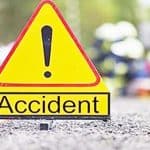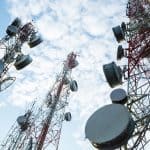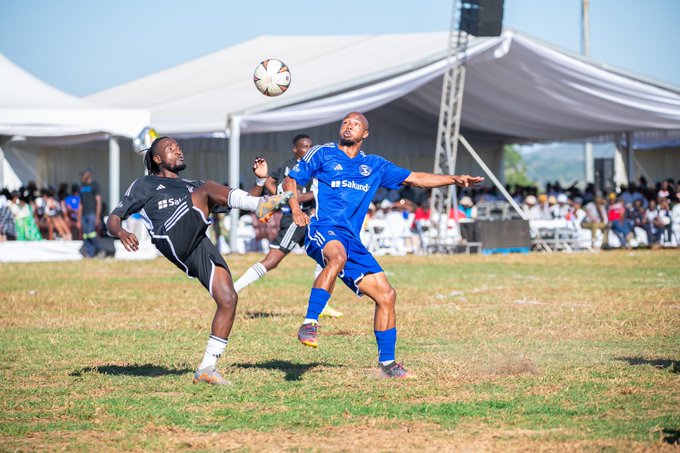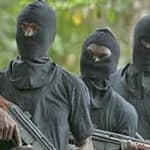ZwNews.com
Public Prosecutors (PPs) in the High Court were recently reported to have downed tools after one of their own was arrested, for allegedly agreeing that Ignatious Chombo who is awaiting trial on corruption charges be given back his passport.
Chombo fell from grace when President Emmerson Mnangagwa came into power, just like other pro-Mugabe allies some of whom are reportedly on the run. Chombo was arrested during the coup that brought to an end former president Robert Mugabe long rein, and is facing corruption charges.
However, what is surprising to many, is how Mnangagwa is only keen to pursue corruption cases involving his perceived political foes while letting loose his own friends who have also been fingered in graft.
There are quite a number of bigwigs in Mnangagwa’s current administration who have in one way or the other been fingered in corruption, but Mnangagwa is not interested in bringing them to book.
As if to make sure that none of his political enemies would get away with murder, Mnangagwa when he came to power he quickly set up a Special Anti-Corruption Unit in his office.
It is this unit which is said to have ordered the arrest of the prosecutor who had agreed that Chombo be given back his passport. The arrest angered other prosecutors who believe the unit has no jurisdiction in telling them what to do.
They claimed the Special Anti-Corruption Unit in the President’s Office, was violating their prosecutorial independence by giving them instructions on how to conduct cases.
The matter raised a number of very crucial issues, like, how independent are prosecutors, are they free to decide for themselves how to conduct the cases assigned to them? What does the Constitution say about how prosecutors should work, from whom do they report or take orders from?
Apparently, state prosecutions in Zimbabwe are the responsibility of the National Prosecuting Authority (NPA), established in terms of the law, which is headed by the Prosecutor-General (PG).
The PG is declared by section 260 of the Constitution to be independent and … not subject to the direction or control of anyone.
This independence extends to all the professional staff of the NPA: according to section 259(10) of the Constitution an Act of Parliament must provide that, in exercising their functions, prosecutors are expected to be ‘independent and impartial and subject only to the law and to the direction and control of the PG.’
All the same prosecutors cannot be totally independent. In addition to the limits envisaged by section 259 of the Constitution, that they must act in accordance with the law and instructions from the PG, their independence is limited by the nature of the NPA itself.
Since this is a hierarchical set up, and the PG cannot possibly keep personal control of all prosecutions in the country. In that regard the National Prosecuting Authority Act makes it clear, that prosecutors are subject to the supervision of the National Director of Public Prosecutions (section 8 of the Act) and other persons designated by the PG (section 12(4) of the Act).
Like everyone else engaged in skilled and specialised work, prosecutors need to be supervised, and they must follow the NPA’s policies, guidelines, as well as instructions from their superiors in their chain of command.
It seems however, that the prosecutors protested against instructions being given to them by a Special Anti-Corruption Unit; and not by the PG, his deputies in the NPA, or anyone delegated by the PG.
Can such a body tell prosecutors what to do?
According to a constitutional watchdog Veritas Zimbabwe, the answer depends on whether the Special Anti-Corruption Unit is part of the NPA, subject to the PG’s control; or not.
Veritas says the law generally allows a person vested with a statutory function (in this case the PG) to delegate that function to persons whom he or she can control.
Hence the PG can delegate to his subordinates in the NPA whom he/ she has control over, the task of supervising and instructing prosecutors.
“But the law does not normally allow a person to delegate a statutory function to someone over whom he or she has no control.
“Hence if the PG has no control over the Special Anti-Corruption Unit; he or she cannot delegate the task of supervising and instructing prosecutors to the Unit,” says Veritas.
The constitutional watchdog, further explains that if the Unit is a separate body independent of the NPA, then prosecutors can legitimately refuse to be given instructions by it.
“Indeed they ought to refuse, because the Constitution says they should take instructions only from the PG,” adds Veritas.
But if the Unit is part of the NPA and subject to the PG’s control, then prosecutors must accept its instructions.
Be that as it may, Mnangagwa got a backlash from political watchers when he set up the special unit in his office, supposedly to deal with graft cases. They said it was unnecessary, they queried the President’s real motives, as the unit duplicates the mandate of the Zimbabwe Anti-Corruption Commission.
As if to confirm their fears, Mnangagwa stands accused for failing to deal with graft cases, amid allegations that he himself is the grandfather of corruption.
Mnangagwa is rumoured to be in the billionaire’s club, whose wealth amassing started some time back, when Zimbabwe took part in a war, in the mineral rich Democratic Republic of the Congo.

